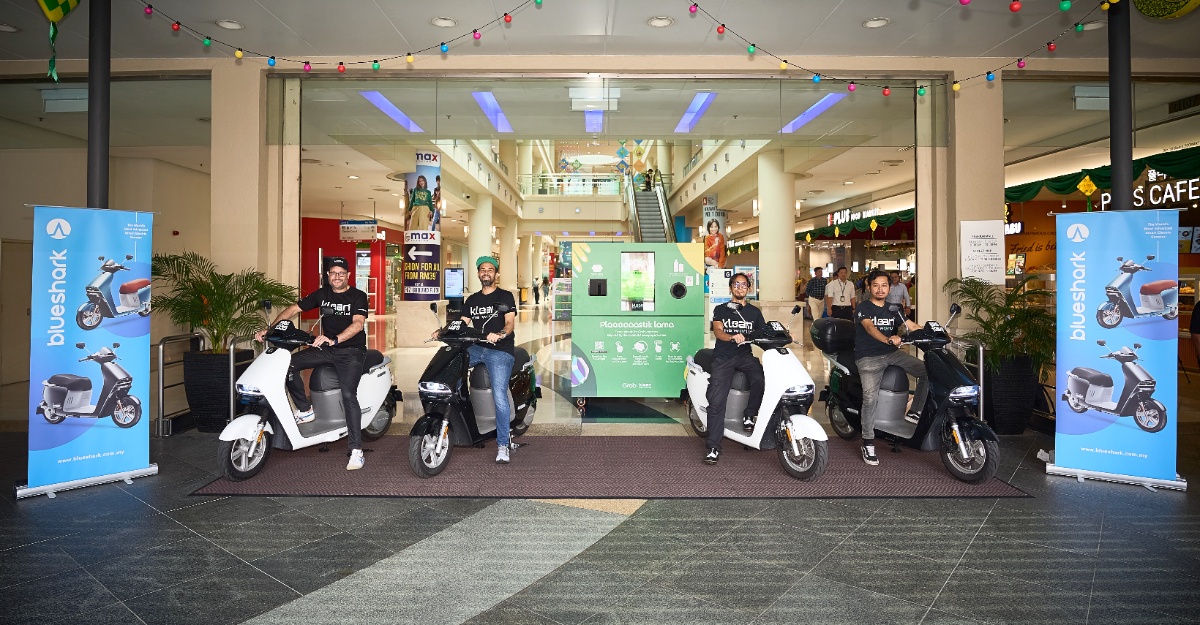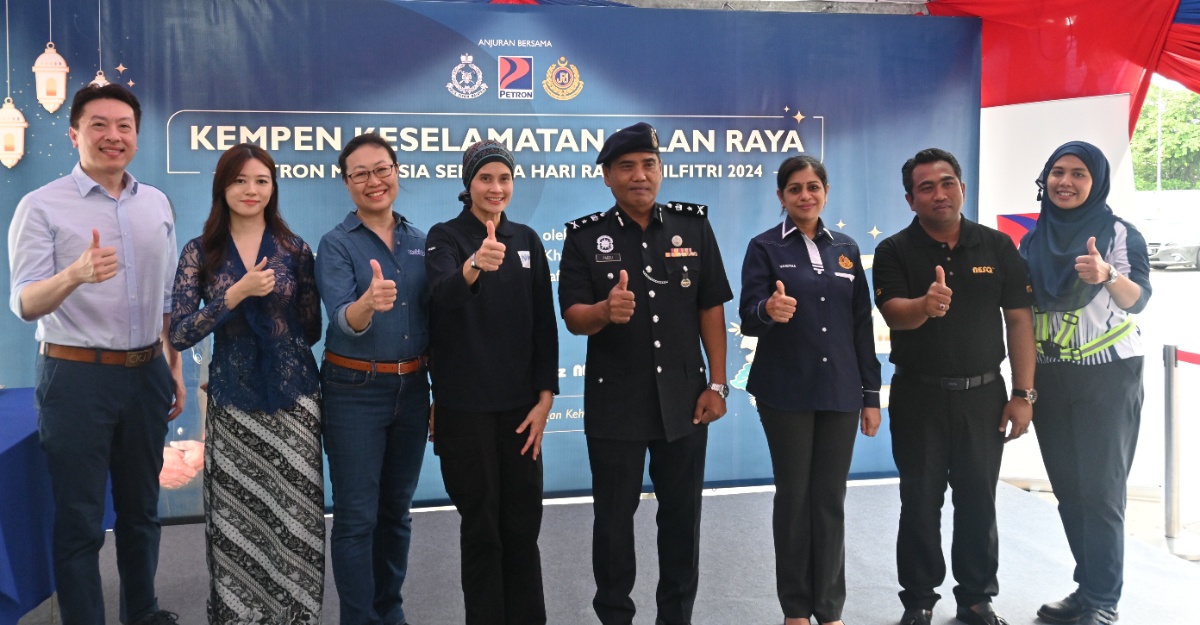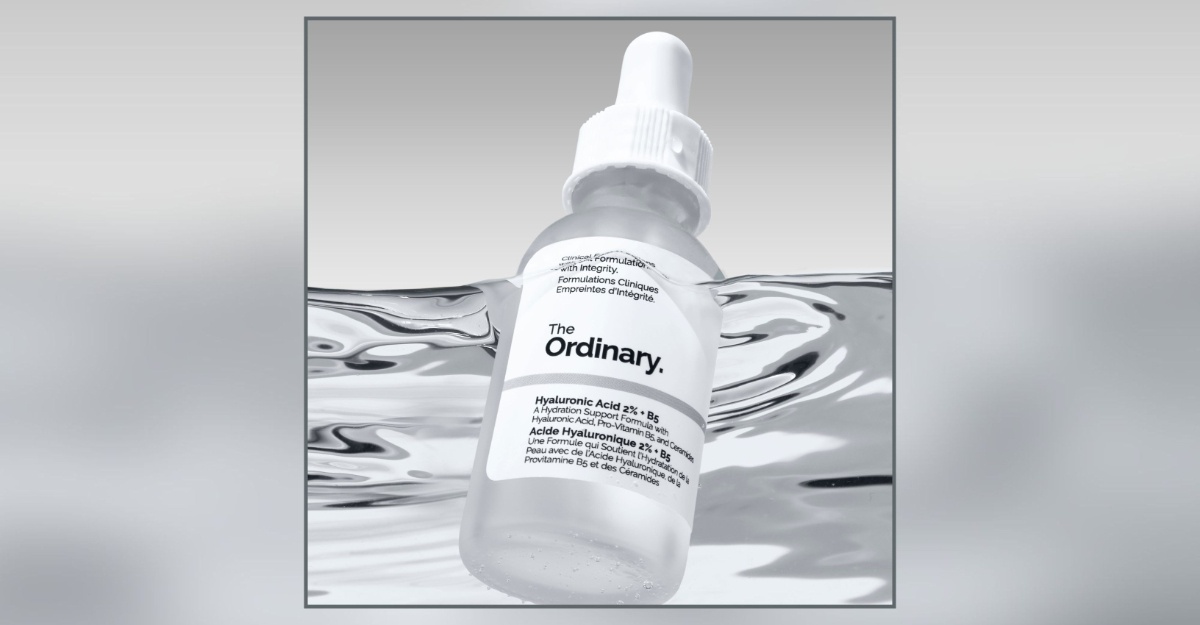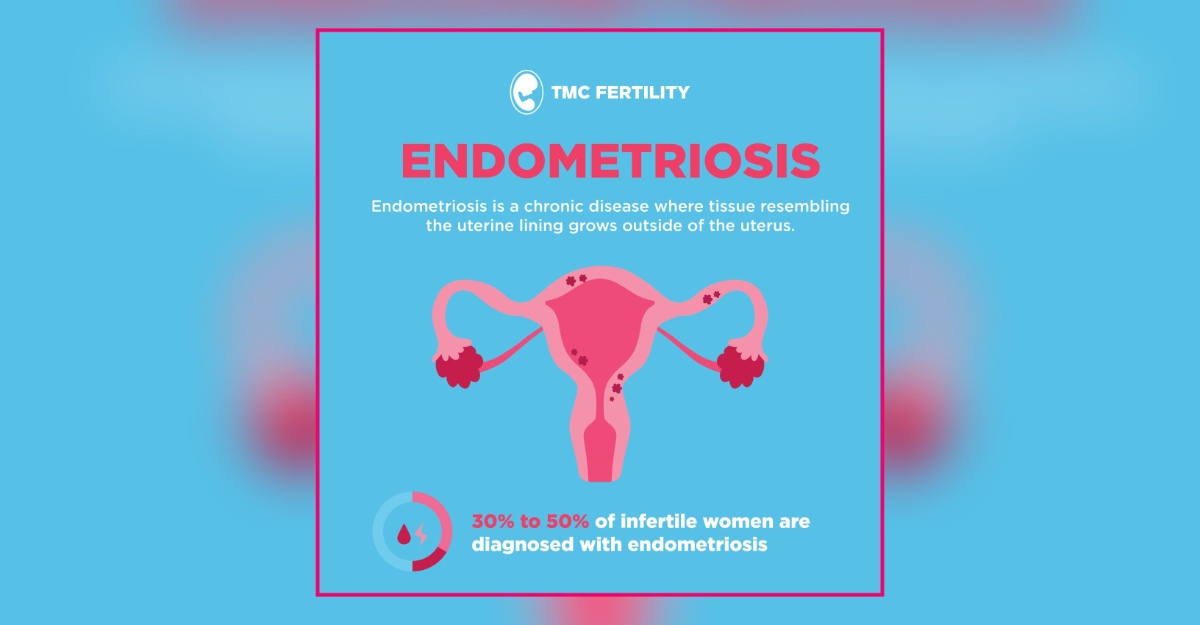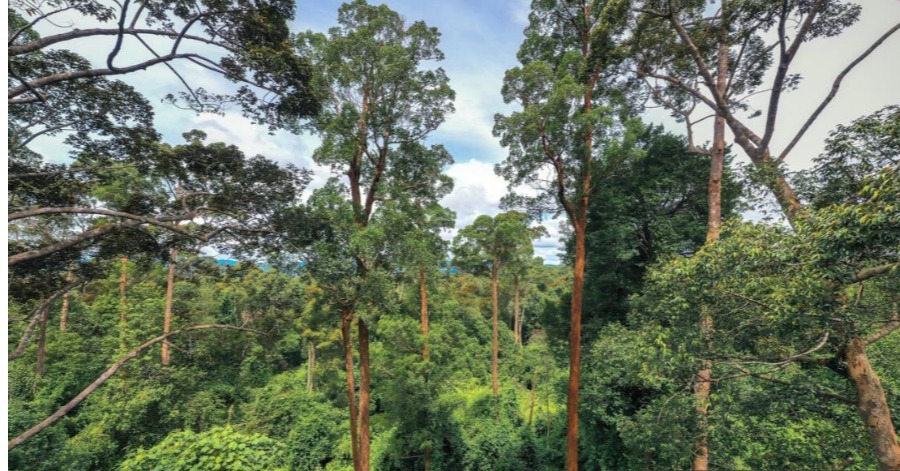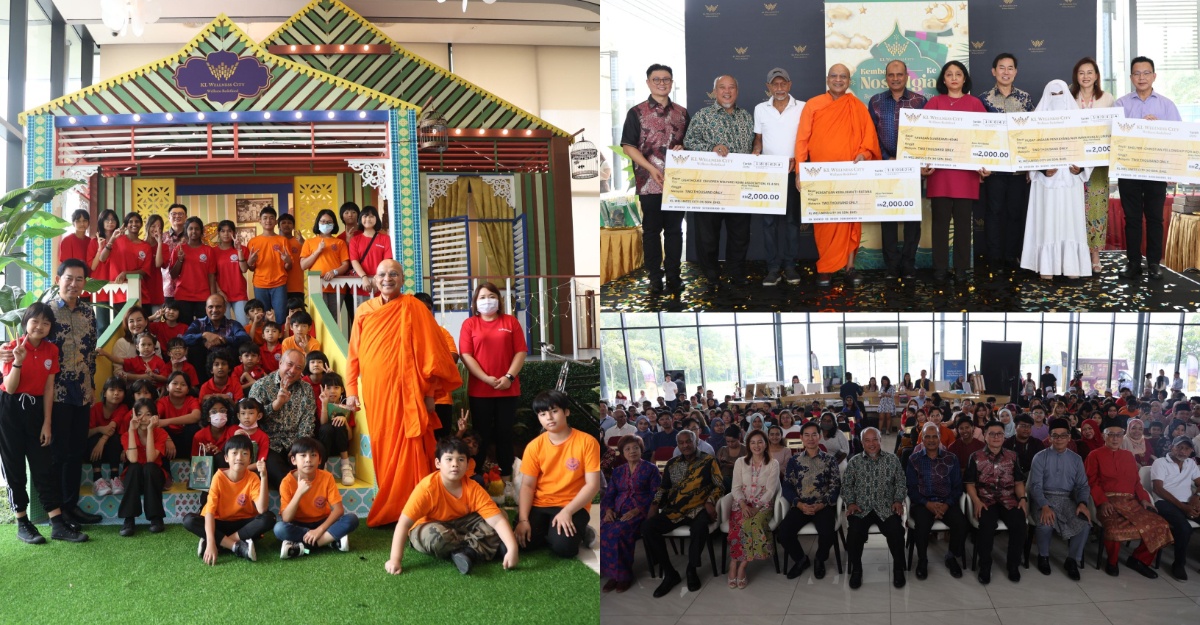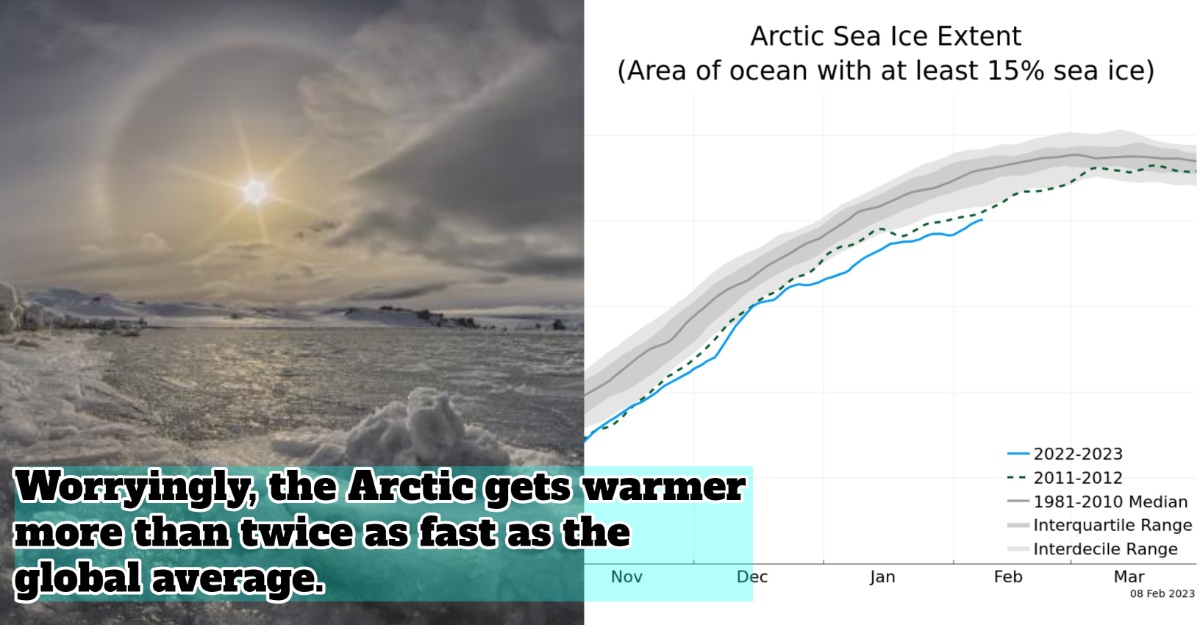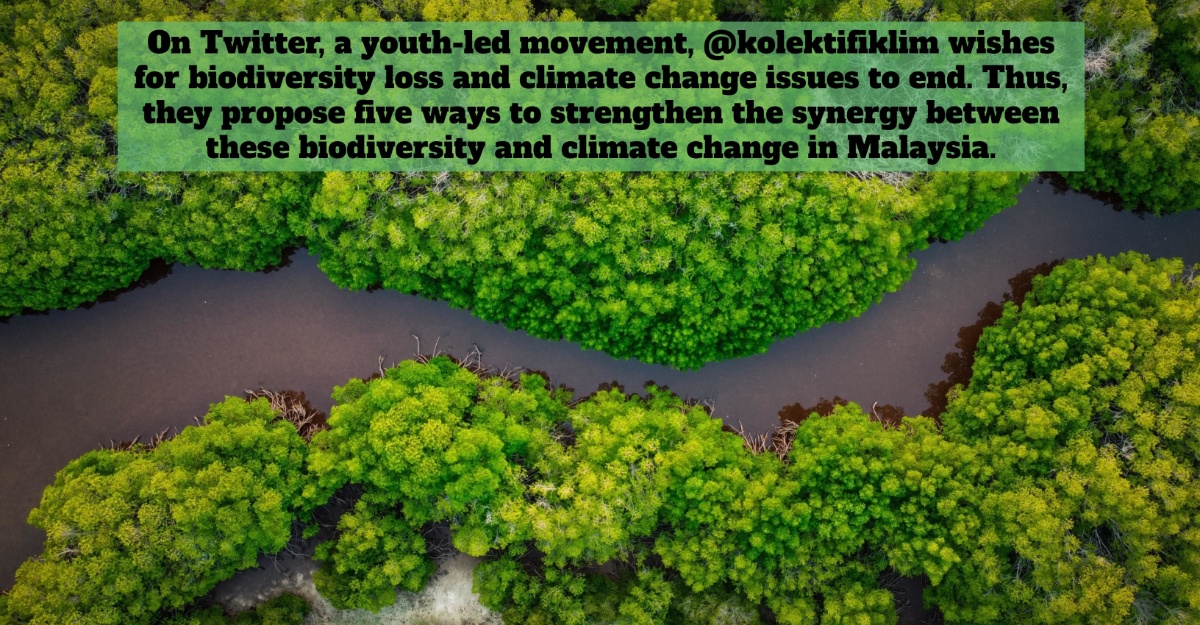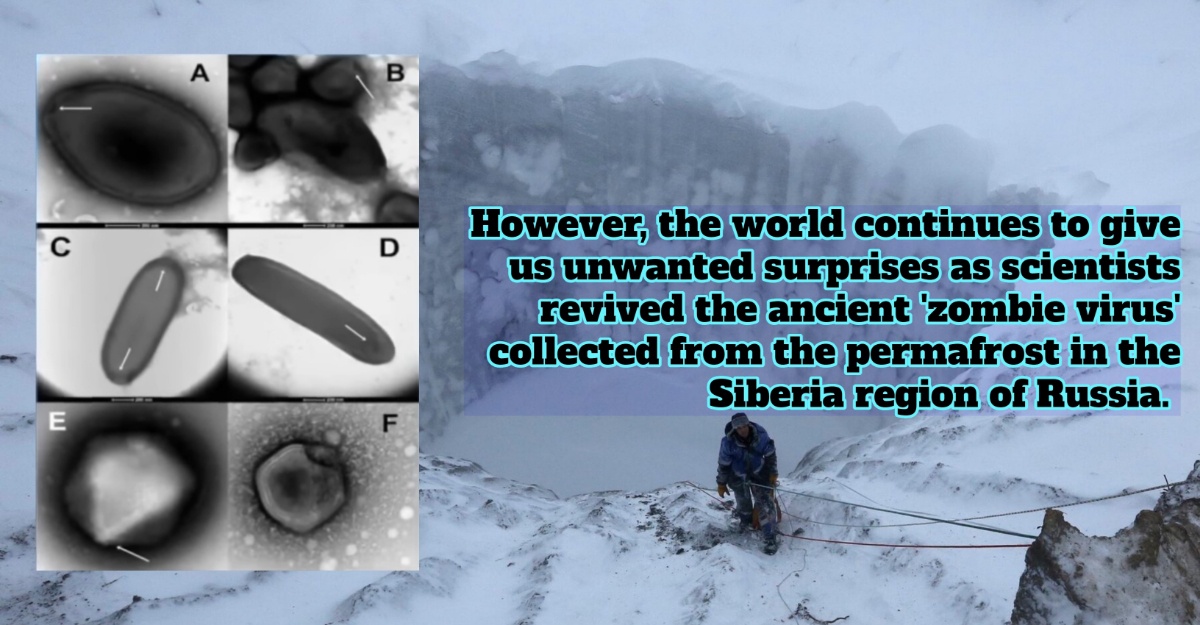Is the next generation guaranteed of a future or a habitable world to live in? The preaching of Greta Thunberg, an 18-year-old climate campaigner, represents the voices of the next generation who are terrified of the idea of inheriting an uninhabitable world in the not-too-distant future.
Over the past year or so, we’ve read or seen footages of climate-wrought calamities in many parts of the world, from the bush fires in Australia to the deadly heatwaves in India right up to the severe European floods. Reality however hits closest to home when you witness it happening in Malaysia and that is when the gravity of climate change dawns upon you.
Since August this year, several states in the country such as Kedah, Melaka, Selangor, Negeri Sembilan, Perak, Sabah and Sarawak were already facing severe floods due to heavy rainfall, displacing people from their homes, destroying properties and some even claiming lives. According to a report by the National Hydraulic Research Institute of Malaysia (NAHRIM), we need to brace ourselves for more of such occurrences happening with greater frequency in the days ahead. Why is this so? The blame lies squarely with climate change.
“The estimated rise in sea-levels will see Port Klang submerged by 2030”
In the MYClimateAction Guide published by UN Global Compact Network Malaysia & Brunei, there is a map of Selangor which illustrates the projected rise in sea levels between 2030 and 2050 decimating Selangor’s land mass by roughly a third. It is alarming to imagine such a scenario panning out which would result in the large-scale destruction of properties and public infrastructures. There are significant ramifications for the government to address with coastal communities being displaced and livelihoods put at risk.
These erratic weather patterns which we are observing all point back to a singular root cause – which is the unbridled release of carbon or CO2 emissions. Widespread industrialisation at the turn of the century fed off the rise of consumerism and capitalism which resulted in massive carbon emission over a period of time. At the same time, nature was destroyed in the name of urbanisation and development. We sacrificed the very nature which acts as a carbon sink absorbing the carbon released into the atmosphere. This double-whammy impact exacerbated the amount of carbon trapped within our atmosphere; hence when the heat from the sun passes through our atmosphere, the carbon emissions trap the heat confining it to the earth’s surface not allowing it to dissipate.
As the emission accumulates, the entrapped heat eventually causes global temperatures to rise, which in turn contributes not just to the melting polar ice caps but also other excessive weather events. This phenomenon is compounded when you consider the world’s population that is consistently increasing on the verge of topping eight billion people. This typically translates into a greater consumption of resources and greater energy demand, all alluding to the inevitable rise of CO2.
“Our children may not have a habitable world to live in”
The signs are eminent that humanity is grappling with an existential crisis. World leaders have stood up to take notice and embraced affirmative climate mitigating action starting with the Paris Agreement adopted by 196 parties back in 2015 with a pledge to reduce global carbon emission intensity.
The dialogue continued this year with the recently concluded COP26 summit which took centre stage in Glasgow, Scotland, where the agenda was to accelerate action towards meeting carbon reduction goals. There is no mistaking the scientific target set before us. In order to limit global temperature rise to 1.5°C by the end of this century, the world needs to achieve a net zero emission target by 2050. Failure to achieve this essentially means our children and our children’s children may not have a habitable world to live in.
“Malaysia’s commitment to reduce greenhouse gas emissions by 45% by 2030 is a step in the right direction”
It is heartening to see Malaysia playing its part towards decarbonisation. Our Prime Minister, Datuk Seri Ismail Sabri Yaakob, when tabling the 12th Malaysia Plan, committed to Malaysia becoming a carbon-neutral nation by 2050. Leading to this, Malaysia will reduce the greenhouse gas emissions intensity of gross domestic product by 45% in 2030, with 2005 as the baseline. Despite Malaysia being a net oil exporter, this commitment speaks volumes of the present government’s ferventness in tackling this issue.
This commitment was exemplified in the recent Budget 2022 where a slew of initiatives encouraging the transition towards a low-carbon economy was announced. This included the launch of a voluntary carbon market which encourages carbon credit trading between green asset owners, creating a RM1-billion Low Carbon Transition Facility established on a matching basis by participating financial institutions to help SMEs embrace low carbon practices and various tax incentives to spur the development of the local electric vehicles (EV) industry.
“Tune Protect has undertaken and continues to commit towards climate affirmative actions”
Over in Tune Protect, sustainability has always been high on our agenda. We are cognisant as an insurer we can contribute towards decarbonisation via the risks we choose to underwrite and what we choose to invest in.
For instance, our motor product has a Pay-As-You-Drive (PAYD) feature in which customers are rewarded for driving less and thereby reduce their carbon footprint. Customers who drive less than 6,000 km per annum stand to enjoy a 20% refund in premiums paid.
Our PRO-Health Medical product, on the other hand, comes with an e-medical card and an e-policy embedded within the Tune Protect mobile app which our customers download into their mobile device. This effectively eliminates the issuance of plastic physical medical cards as well as the printing of physical policies.
In 2020, Tune Protect made an environmental commitment towards becoming a zero-paper organisation for in-control processes by the end of 2021. We are currently on course to achieving this by the year-end. Tune Protect had also recently introduced a flexible working arrangement for its employees. The result was a 4,100 square feet reduction in office space, directly minimising the amount of energy consumed. With employees of Tune Protect accorded the privilege to work from home up to three days a week, their carbon footprints are diminished by virtue of their lessened commute to and fro office.
Most recently, Tune Protect committed to exit coal in both our underwriting and investment activities by 2030, fully aware that coal is one of the single largest contributors to global CO2 emissions.
The sooner we realise that there isn’t any other planet that our children and the future generation can go to, the sooner will we do something about climate change. A threat greater than climate change itself is the apathy of individuals, organisations and governments that either do not grasp the severity of climate change or perceive the responsibility to mitigate the impact of climate change lies squarely on the shoulder of someone else.
We cannot afford to be the metaphorical frog in the boiling pot which does not recognise the clear and present danger it is in until it is too late.
Sources: BERNAMA










